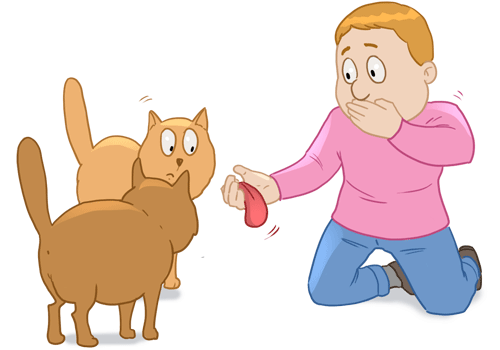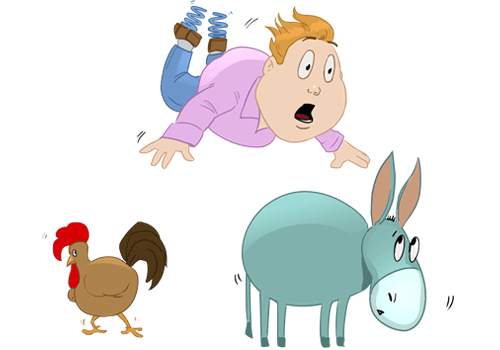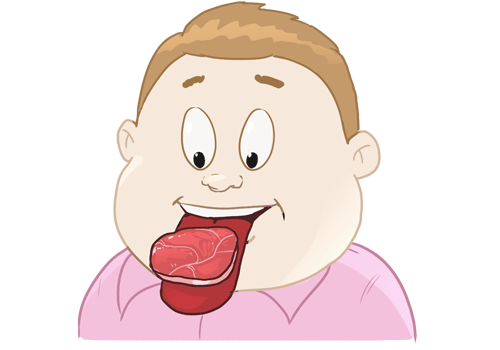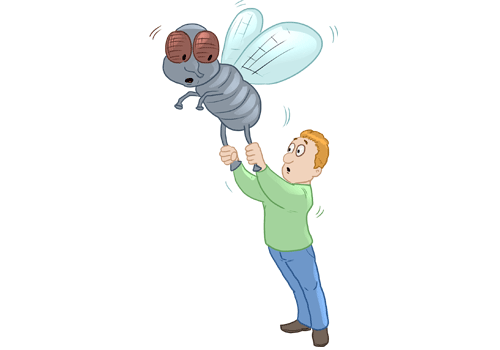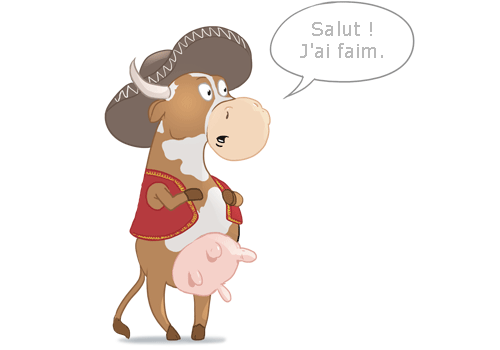French
La langue française
La langue française
77 million native speakers with many more speaking it as a second language (150-220 million)
France, Belgium, Switzerland, Monaco, Luxemburg, EU, Canada, Haiti, Vanuatu and 21 countries in Africa.
Italy, USA
Algeria, Argentina, Australia, Canada, Chile, Lebanon, Mexico, Morocco, New Zealand, Tunisia, Uruguay


French is spoken in 29 countries that make up the Francophonie. Therefore there are several varieties of French in Europe, Africa, Canada, the United States and Asia. In Europe, the varieties in Switzerland and Belgium differ from the standard spoken in France.
The largest number of native and second language French speakers is found in Africa (about 115 million in 31 African countries). The countries of the former French Colonial Empire (Senegal, Algeria, Gabon, Tunisia, Mauritania, Côte d’Ivoire etc.) often use French as a compromise between the local languages after becoming independent.
Several creole languages, such as Haitian, are lexically based on French.
Several international organizations such as the UN, WTO, NATO, Council of Europe, Red Cross – use French as an official language as does Vatican City. The Alliance Française has the mission to promote French language and culture in the world.
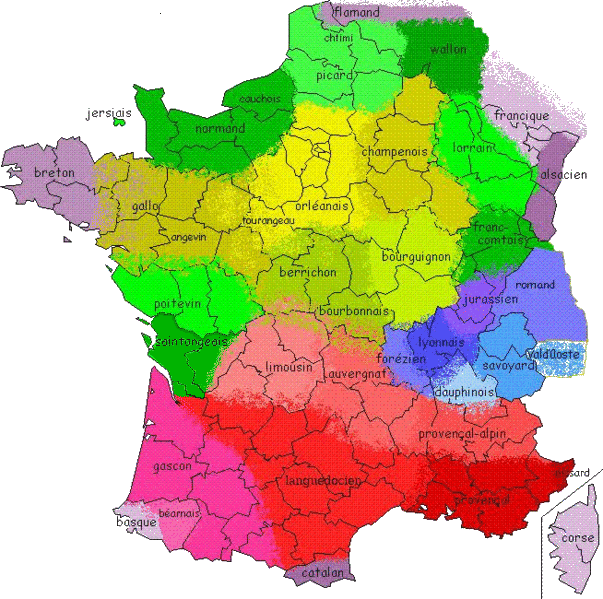
A map showing the languages and dialects of France and the border regions.
Source: Wikimedia Commons
French as a Romance language grew from Vulgar Latin, influenced by the Celtic language spoken in Gaul (now Northern France). Occitan was spoken in the southern part of the country.
The earliest text is the Oaths of Strasbourg (Serments de Strasbourg 842).
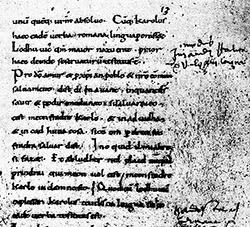
Francis I made French the official language of administration in 1539 replacing Latin. Therefore, other languages in France were repressed or neglected.

French became an international language in Europe during the reign of Louis XIV (17th c.). It was the most important language of diplomacy from the 17th to the middle of the 20th century when English took over the role of international language.
French is written with 26 Latin letters, 14 diacritic letters (à â ç é è ê ë î ï ô ù û ü ÿ) and 2 ligatures (æ, œ).
The pronunciation of sounds is made with muscle tension. The last letter of the words is often silent. There is no h sound. The h at the beginning of the word is not pronounced: hôtel [otel] (hotel). The French uvular r is characteristic of the language.
The orthography is quite complicated because much more is written than is pronounced. Verb conjugation exists in written form but the pronunciation distinguishes only three out of six forms in the present. In the conjugation table all the singular and the third person plural have the same pronunciation.
Real French speech sounds are more complicated than the language learner would suppose because some vowels are dropped and groups of words are pronounced together as one:
Je ne le sais pas (I don't know it)
Standard French has up to 13 oral vowels and 4 nasal vowels. The so called schwa /ə/ whose pronunciation is similar to œ is often dropped (e muet). Normally, it is not pronounced at the end of the words as in porte, but it may be pronounced in poetry.
| Letter | Example | Translation |
|---|---|---|
| a à | patte, là | paw, there |
| a â | image, pâté | image, block |
| ai, ei, è | chère, neige, faire | dear, snow, make |
| ê | rêve | dream |
| é | été | summer |
| i | livre | book |
| œ, eu | œil, jeune | eye, young |
| eu, eû | peu, jeûne | few, fasting |
| e [ə] | je | I |
| o, au, eau | mot, peau, beau | word, skin, beautiful |
| o | mort | death |
| ou | sous | under |
| u | but | goal |
| The vowels a, o, u and i are pronounced nasalized when followed by n. | ||
| an | dans | in |
| on | mon | my |
| un | brun | brown |
| in | vin | wine |
French has also diphthongs: oui (‘yes’), huit (‘eight’), roi (‘king’), louer (‘rent’), ciel (‘sky’).
| Letter | Example | Translation |
|---|---|---|
| b | beau | beautiful |
| c, s, ç | cent, sous, ça | hundred, under, this |
| c, k, q | cause, kilo, cinq | cause, kilo, five |
| ch | chaise | chair |
| d | dans | in |
| f, ph | fée, photo | fairy, photo |
| g, j | gens, journal | people, journal |
| g | garde | guard |
| l | lait | milk |
| m | mère | mother |
| n | non | no |
| gn | campagne | campaign |
| p | porte | door |
| r | rose | rose |
| t | triste | sad |
| v | ville | town |
| x | expansion | expansion |
| z | gazette | newspaper |
The French accent falls on the last syllable of words, but words that are pronounced together and which form a rhythmic unit (such as un petit enfant = ‘a small child’) only have a single stress. Consonants that are normally not pronounced are sometimes pronounced when followed by a vowel (that is the final t of petit is pronounced in the example above). This is known as liaison.
French has lost the complicated declensions and conjugations of Latin. There is a sign for plural nouns and adjectives, although it is often silent. Word order and prepositions are used to express syntactic relations. Auxiliary verbs are used in the expression of tenses and moods.
French has two genders (masculine article: le and feminine article: la), and the adjective which normally follows the noun (except some short and common ones), agrees with it in gender and number.
Singular
Plural
Of these forms, only the article is pronounced differently in the singular and plural.
Some adjectives can have different meaning before and after the noun:
The verbs have three groups of conjugations according the ending of the infinitive (-er, -ir, -re).
|
parler
speak |
finir
finish |
mettre
put |
||
| Present indicative | ||||
|---|---|---|---|---|
| Singular | ||||
| 1st person | je parle | je finis | je mets | |
| 2nd person | tu parles | tu finis | tu mets | |
| 3rd person | il parle | elle finit | il met | |
| Plural | ||||
| 1st person | nous parlons | nous finissons | nous mettons | |
| 2nd person | vous parlez | vous finissez | vous mettez | |
| 3rd person | ils parlent | elles finissent | ils mettent | |
| Imperfect | ||||
| Singular | ||||
| 1st person | je parlais | je finissais | je mettais | |
| 2nd person | tu parlais | tu finissais | tu mettais | |
| 3rd person | il parlait | elle finissait | il mettait | |
| Plural | ||||
| 1st person | nous parlions | nous finissions | nous mettions | |
| 2nd person | vous parliez | vous finissiez | vous mettiez | |
| 3rd person | ils parlaient | elles finissaient | ils mettaient | |
| Present perfect | ||||
| Singular | ||||
| 1st person | j’ai parlé | j’ai fini | j’ai mis | |
| 2nd person | tu as parlé | tu as fini | tu as mis | |
| 3rd person | il a parlé | elle a fini | il a mis | |
| Plural | ||||
| 1st person | nous avons parlé | nous avons fini | nous avons mis | |
| 2nd person | vous avez parlé | vous avez fini | vous avez mis | |
| 3rd person | ils ont parlé | elles ont fini | ils ont mis | |
| Future | ||||
| Singular | ||||
| 1st person | je parlerai | je finirai | je mettrai | |
| 2nd person | tu parleras | tu finiras | tu mettras | |
| 3rd person | il parlera | elle finira | il mettra | |
| Plural | ||||
| 1st person | nous parlerons | nous finirons | nous mettrons | |
| 2nd person | vous parlerez | vous finirez | vous mettrez | |
| 3rd person | ils parleront | elles finiront | ils mettront | |
| Present conditional | ||||
| Singular | ||||
| 1st person | je parlerais | je finirais | je mettrais | |
| 2nd person | tu parlerais | tu finirais | tu mettrais | |
| 3rd person | il parlerait | elle finirait | il mettrait | |
| Plural | ||||
| 1st person | nous parlerions | nous finirions | nous mettrions | |
| 2nd person | vous parleriez | vous finiriez | vous mettriez | |
| 3rd person | ils parleraient | elles finiraient | ils mettraient | |
| Imperative | ||||
| Singular | ||||
| 1st person | ||||
| 2nd person | parle | finis | mets | |
| 3rd person | ||||
| Plural | ||||
| 1st person | parlons | finissons | mettons | |
| 2nd person | parlez | finissez | mettez | |
| 3rd person | ||||
French doesn’t use compound words, but rather compound expression as:
The numbers are based on the old Celtic system which uses 20 as a base number. Therefore 80 is quatre-vingts ('four twenties') and 95 is quatre-vingt-quinze ('four twenties fifteen'). Belgian and Swiss French (as well as some other varieties) now use some base ten numbers so that 95 in them is nonante-cinq (ninety-five).





